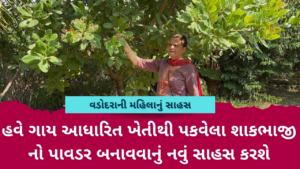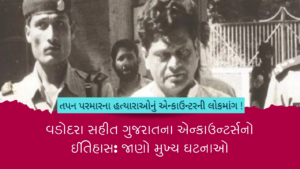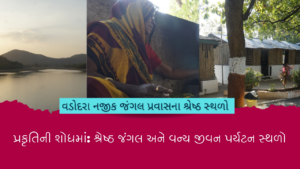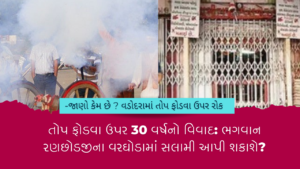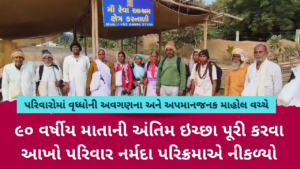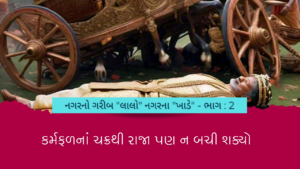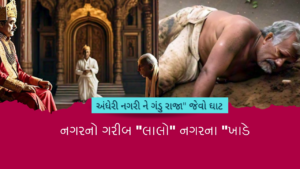Howard Spodek, a distinguished American historian and a visionary scholar known for his profound association with Gujarat and Ahmedabad, passed away on August 20, 2023, at the age of 81. His passing followed a stroke he suffered while in Ahmedabad in January, after which he returned to the United States, where he received care at a facility.
Spodek’s connection with Ahmedabad spanned nearly six decades. His journey with the city began in 1964 when he arrived as a Fulbright Fellow and was tasked with teaching English at H.K. Arts College for a year. His passion for the city led him to request an extension, resulting in a second year spent in Ahmedabad.
Upon returning to the University of Chicago, Spodek completed his Ph.D. thesis on Indian history, focusing on rural-urban integration in Saurashtra. His thesis explored historical relationships and conflicts between merchants, literate professionals, and political rulers in Saurashtra from the colonial era to the post-independence period. During this time, he authored a seminal article titled ‘On the Origins of Gandhi’s Political Ideology,’ delving into Mahatma Gandhi’s protest techniques influenced by political expressions rooted in Saurashtra, where he had spent his formative years.
In 1972, Spodek assumed the role of a professor at Temple University in Philadelphia, embarking on a lengthy career with specializations in Indian history and urban studies. Much of his scholarly work concentrated on Gujarat, encompassing significant research on Vallabhbhai Patel and Ahmedabad’s industrialization. He maintained strong ties with India, regularly returning for research and nurturing connections with organizations such as the Center for Environmental Planning and Technology and SEWA (Self-Employed Women’s Organisation), among others.
More recently, Spodek became affiliated with the newly established Ahmedabad University, serving as the Shrenik Lalbhai Professor.
Throughout his career, Spodek played a pivotal role in translating the six-volume autobiography of Indulal Yagnik, a prominent Gujarat politician and leader of the Mahagujarat movement.
In the United States, Spodek was renowned for his efforts to promote the teaching of world history and for developing textbooks for American high school students. His textbook, ‘The World’s History’ (2006), has undergone multiple editions and continues to be a vital resource in classrooms. He received a Lifetime Achievement Award from the World History Association in 2016 for his contributions in this field.
Spodek was a dedicated advocate of Indian studies in the United States, providing guidance to numerous postgraduate students and scholars working on India. He was known not only for his expertise but also for his attentive engagement with others, often asking thoughtful questions about their interests. Many officers of the American Institute of Indian Studies have praised his service to the organization, which is dedicated to advancing the study of India in the United States.
For a significant portion of his career, Spodek delved into the study of Indian urban history, with a particular focus on Ahmedabad. He developed a keen interest in understanding the causes of violence in Ahmedabad’s post-independence history. His research resulted in two important articles in Modern Asian Studies.
In his analysis of the 1985 riots in Ahmedabad, Spodek diverged from the prevalent discussions of participants’ motivations and instead examined shifts in the broader political landscape. He highlighted the diminishing authority of local political institutions such as the Gandhian Congress, the Textile Labour Association, and the traditional merchant-industrial community as factors that made it challenging to control the violence once it erupted. He also extensively documented the 2002 communal violence in the city. During this period, he collaborated with Warren Bass to create a compelling short film on the displacement of local hawkers and residents from the riverfront area, shedding light on the perspectives of both planners and displaced individuals who had not received compensation.
Howard Spodek leaves behind a lasting legacy as a historian, educator, and advocate for Indian studies, with his profound contributions to the understanding of Gujarat and Ahmedabad earning him a special place in the annals of academia and history.








